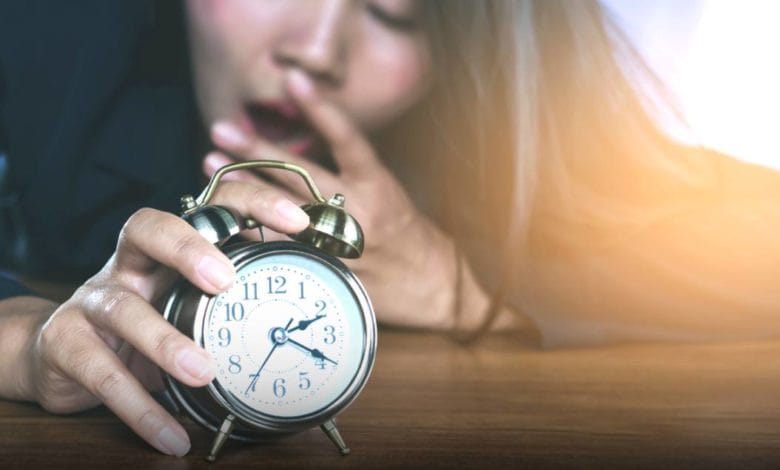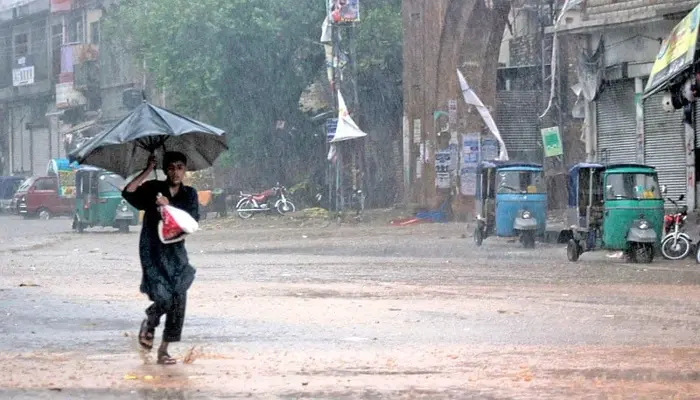
We all have been through those times when we couldn’t take enough sleep and felt miserable afterward. Do you remember those days during the month of Holy Ramadan? When you have to get up early for Sahri and then can’t decide whether you should go back to sleep and get up after an hour or so? No wonder the blessed month is full of blessings but we do face some difficulty getting 7 hours of sound sleep. Well, some of you might be nodding to this.

Remember? Back in educational life, we did tend to comprise on sleep and pull all-nighters to study for the exam tomorrow?
Yes we did that too.
Sleeping is a crucial part of our lives. We need to get enough sleep in order to function our day-to-day tasks.
Research shows that the average American feels sleepy 3 days a week due to “not sleeping well,” while others experience this 5 to 7 days a week.
Sleeping has its advantages, from improving the mood and boosting productivity to powering a strong heart.
On the flip side, sleep deprivation can worsen these things too. It can lead to a number of health problems, on both levels: physically and mentally.
We, at daynews.tv warn you to be attentive to these troubles so that you can prevent your health from deteriorating on time. If you ever begin experiencing any of these sleep-deprivation side effects you know the problem.
1. Sleep deprivation harms your brain.
lack of sleep has been associated with schizophrenia and dementia. According to a study, lack of sleep might shrink the brain. Sound sleep is significant to have a well-functioning brain. However, the long-term consequences of sleep deprivation are hard to investigate in humans due to ethical reasons.
2. Lack of sleep leads your skin to age.
Sleeplessness has a risk of producing cortisol, that can lead to break down collagen, the protein which keeps your skin “young.” According to research, adequate sleepers have fewer skin-aging scores than those who don’t sleep well.
3. Sleeplessness affects your emotions negatively.
Sleep deprivation, according to Professor David Dinges, can have numerous unfavorable emotional consequences on a person. It makes people fatigued and irritable. It also makes it harder for you to show positive emotion, and it would be harder to tell when somebody is happy. Because a positive expression can look neutral to the average sleep-deprived person.
4. Lack of sleep can lead to “microsleeps.”
A potential danger sleep deprivation can pose to you is “microsleep.” This involuntary intermittent sleeping can happen unusually, even when you performing an important task or activity. You don’t even realize you’re falling asleep. It can happen with you at school, at work, or most dangerously while driving.
5. Sleeplessness can cause hallucinations and psychosis.
Lack of sleep for long periods of time can lead you to experience a range of mental health problems as well like perceptual distortions and hallucinations. Psychotic symptoms tend to happen frequently when people are awake. You might experience simple visual misperceptions to hallucinations and delusions. This can result in a serious condition called psychosis.
6. Insufficient sleep can make you gain weight.
The research was carried by doctors at the University of Chicago in which they discovered that there’s a link to an increased appetite and insufficient sleep. The study showed that sleep-deprived people tend to eat more junk food and unhealthy snacks. Dr. Hanlon found through research, that if you’ve had adequate sleep, you’re likely to feel better at controlling your hunger, specifically when you encounter junk food. But he also warned that if we don’t get enough sleep, our cravings for certain foods get uncontrollably stronger. Therefore, our ability to resist these drives is impaired.
So, do you agree with this? have you ever been through one of these conditions when you can’t fall asleep? Have you ever experienced some of the side effects of lack of sleep?
















